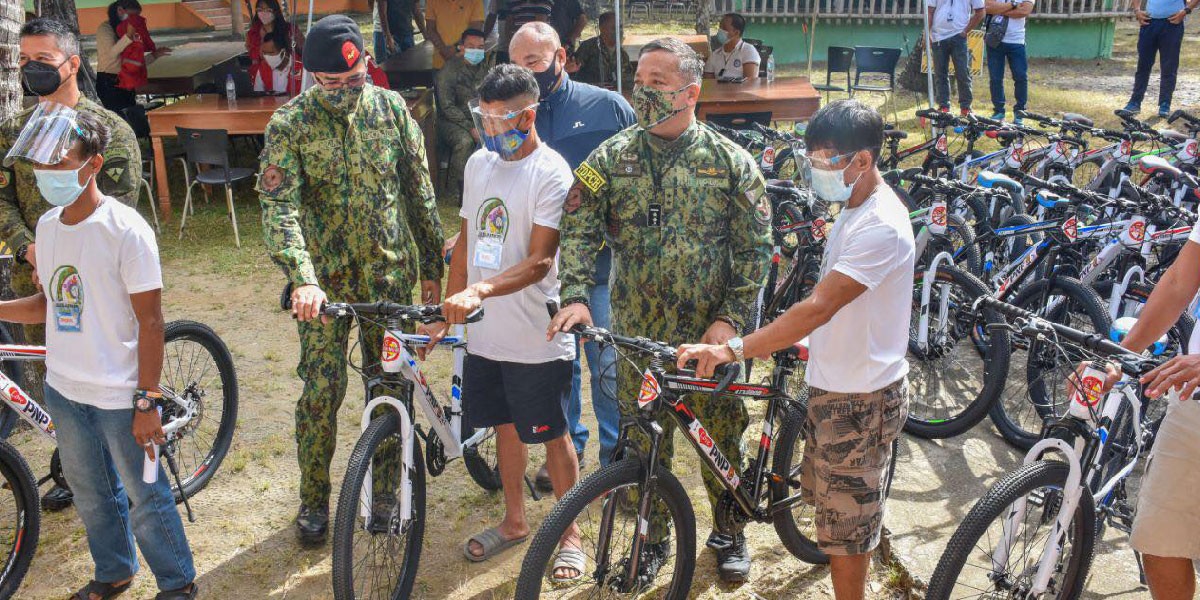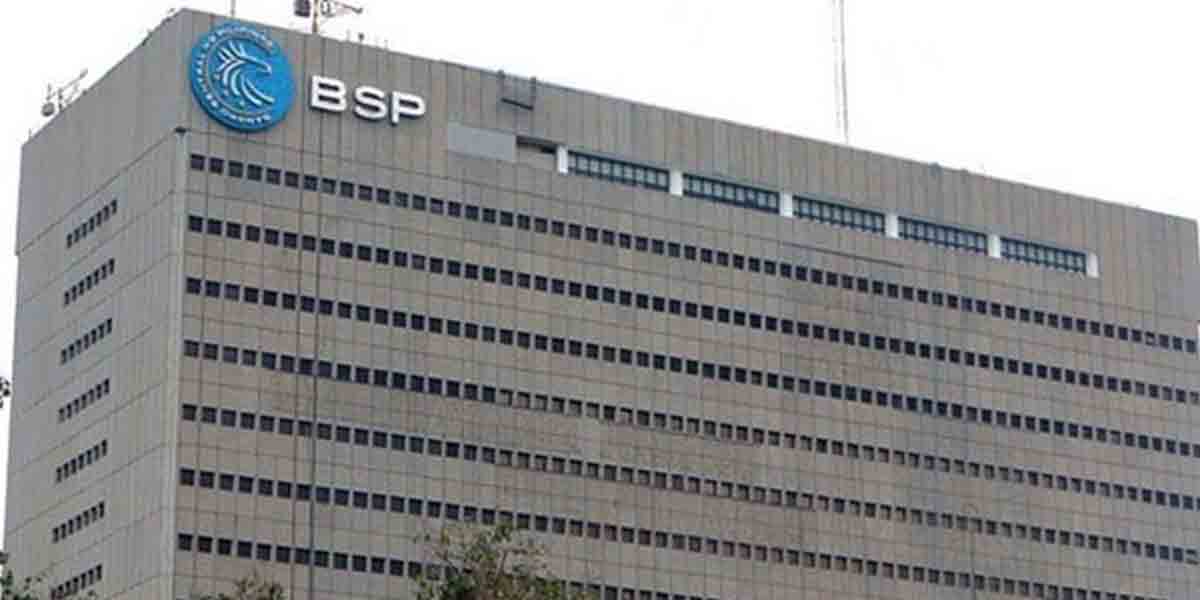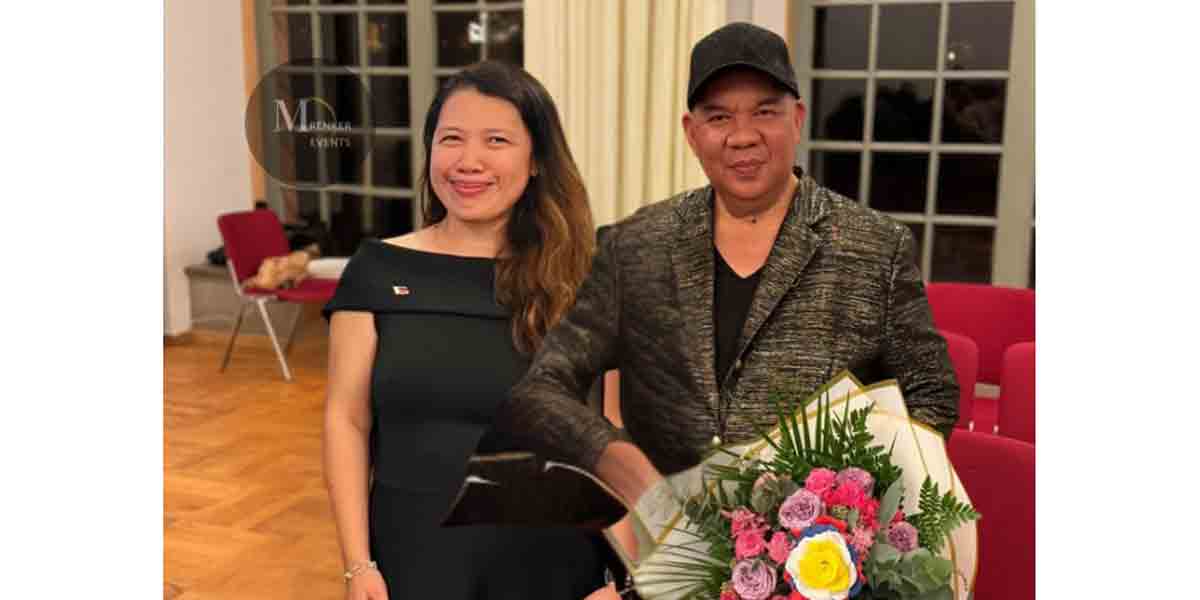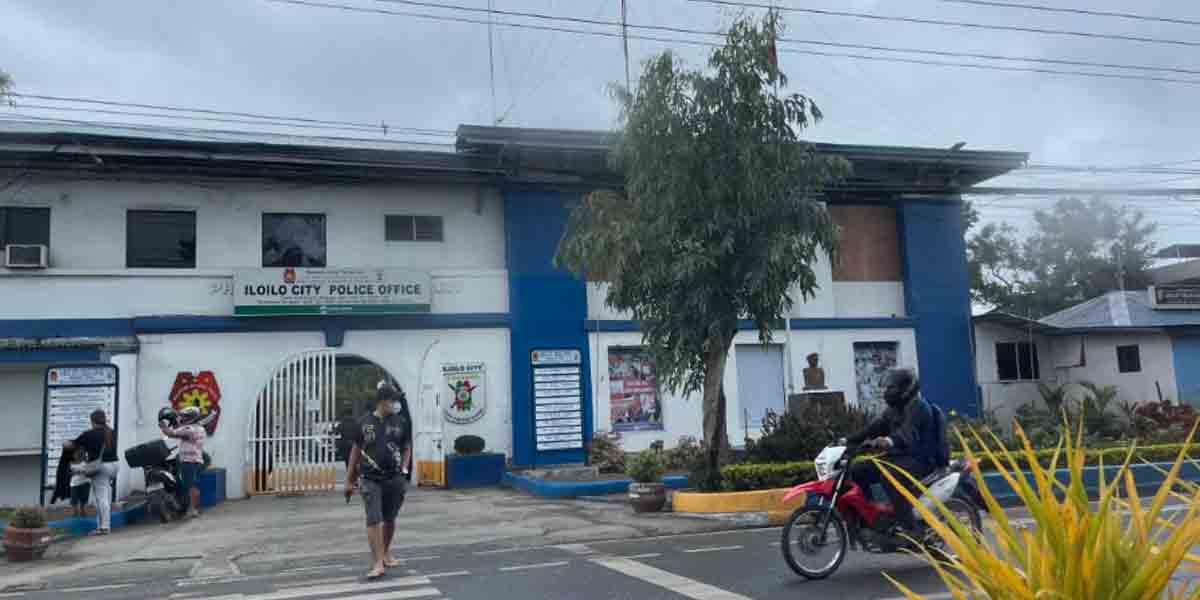
By Jennifer P. Rendon
Living in the hinterlands of Calinog in Iloilo province all her life, Nenita Caballero attested that they were used to seeing gun-wielding men.
They could be soldiers or the New People’s Army (NPA). And both sights caused fear not only to Caballero but for her family, as well. And yes, perhaps even to their whole community.
But the fear has all been quickly brushed aside as Nenita, along with 81 other residents in rebel-affected barangays of Calinog, Iloilo and Tapaz, Capiz, after they participated in the government-initiated program that aimed to re-integrate rebels and their supporters to embrace peace.
Aptly dubbed as “Akap Kapatid,” the program is a brainchild of the Regional Task Force to End Local Communist Armed Conflict 6 (RTF-ELCAC-6), through the Police Regional Office 6.
It is a uniquely designed intervention program which employs collaborative response among the members of the RTF-ELCAC.
Spearheaded by PRO-6, it kicked off with the support of other government agencies under the RTF-ECLAC6 and other volunteer non-government organizations.
The pilot program was opened on February 16 at a resort in Oton. Of the 82 participants, 64 are from Tapaz, and 18 are from Calinog.
At first, Caballero said that they were engulfed with fear the moment they were picked up from their village, ferried to their destination, and brought to the venue.
For most of them, the thought of being killed by firing squad was not far off.
But far from being tortured and, worse, killed — Caballero said they were treated as guests.
In such a short period of time, she said that her perception about men in uniform had made a 180-degree turn.
“Wala na kami nahadlok sa Army kag pulis. Gin-tratar nila kami sang maayo,” she said.
Caballero’s sentiment was also shared by village official Jobelyn Giganto of Barangay Lahug, Tapaz.
She also thanked the government for extending assistance and for letting them undergo the program.
“Ipabalo guid namon sa amon mga kabarangay kung ano kanami ang programa sang gobyerno,” she said.
Far from being radicalized to side with the military or police forces, the Akap Kapatid program focuses on human welfare and social well-being of surrenderees.
On February 20, the participants benefited from the medical-dental mission caravan by the PNP, Armed Forces of the Philippines, and the local governments of Tapaz and Calinog.
Also taking part of the caravan are representatives from the Department of Social Welfare and Development (DSWD), National Economic Development Authority (NEDA), Bureau of Fisheries and Aquatic Resources (BFAR), Department of Health, Department of Public Works and Highways, Technical Education and Skills Development Authority (TESDA), and Philippine Medical Association.
The PNP Health and Dental Service provided tooth extraction, dentures, prosthodontics, medical check-up, BP monitoring, Eye checkup and ECG to qualified or identified beneficiaries.
PRO-6 also provided haircut, manicure and pedicure services.
Other government agencies also issued community tax certificates, gave out seeds and seedlings, and distributed of educational materials.
The beneficiaries were also encouraged to make inquiries with concerned government agencies.
During the culmination program held on Sunday, Prosecutor Flosemer Chris Gonzales turned over the judicial affidavits taken from the “surrenderers.”
Certificates of completion were also given to the participants for having completed the program.
Each participant also received a mountain bike, gift pack, relief pack, and PHP5,000 cash from the PNP.
Meanwhile, Brigadier General Rolando Miranda, Western Visayas police chief, said two more Akap Kapatid programs will be conducted based on the schedule or availability of the participating agencies.
“This is just the beginning. We will sustain the communication that we have with the communities in Tapaz and Calinog by conducting more police-community relations activities,” Miranda said.
The program will be divided into two according to the duration.
The short-term program will focus on the self-assessment, psychosocial program and confidence building of participants while the long term will focus on the general welfare of the “balik-loob” on how they can return to the community and live peacefully and sustainably.
Its purpose is social integration with emphasis on human welfare and social well-being.
To completely integrate a “balik-loob” personality, he or she should undergo a psychosocial intervention to understand the needs of the subject.
The program will use psychosocial approach which will look at the mental health status of the 300 “balik-loob” in the context of the combined psychological factors and the surrounding social environment on the said areas.



















